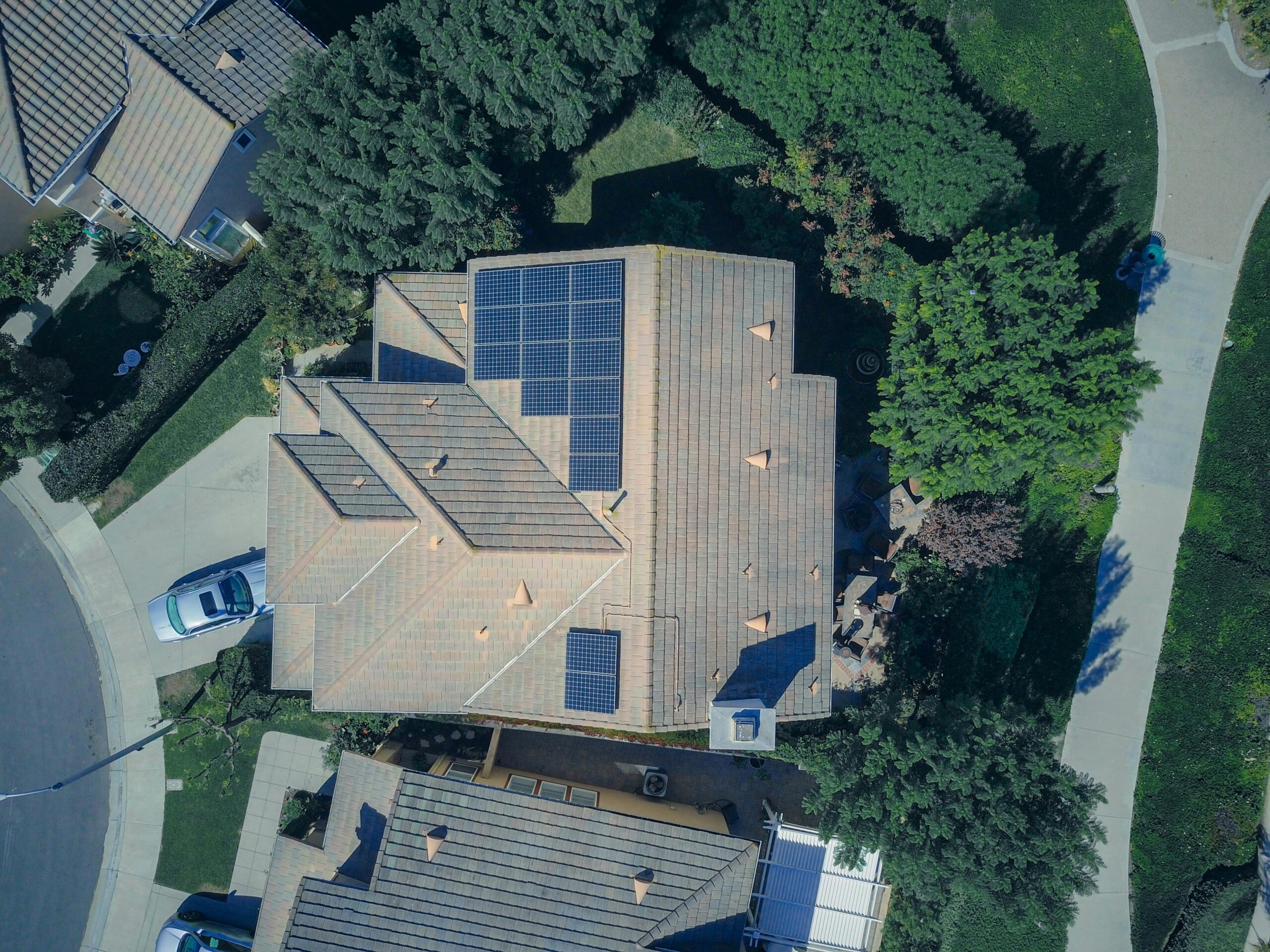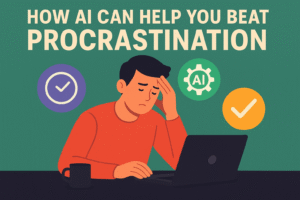These days, having solar panels on your roof isn’t just about saving money it’s about staying powered up when it matters. And that’s where solar energy storage systems shine. Whether you’re a homeowner or running a business, storing your solar energy is the backup plan that actually pulls its weight.
With extended 30% federal tax credits and juicy state incentives from California to Massachusetts, more folks than ever are banking their sunshine.
What Is a Solar Energy Storage System?
In plain terms, a solar energy storage system is like a power bank for your house. It combines two key parts:
- Solar panels, which generate electricity when the sun is out
- Batteries, which save the extra power for when the sun isn’t
That stored energy comes in clutch at night, during storms, or whenever the grid decides to take a nap. You stay up and running, while everyone else lights candles.
Why Is Everyone Suddenly Talking About It?
Solar storage has taken off for a few big reasons:
- More solar installs mean more interest in storing the power
- Tax credits and rebates make it cheaper to invest in batteries
- Blackouts and power outages are becoming a real headache
- New battery tech is making storage longer-lasting and smarter
Basically, solar energy storage makes your entire setup more reliable, efficient, and useful, especially if you’re in a spot with shaky power or time-of-use utility rates.
How Long Does a Solar Battery Last?
Most batteries today are built to go the distance. On average, they’ll last 10 to 15 years, but like with any equipment, care goes a long way.
Want to stretch that lifespan? Here’s what helps:
- Keep batteries in a cool, dry place
- Follow the manufacturer’s maintenance tips
- Don’t over-drain or overcharge
- Replace damaged components early
If you treat them right, batteries can last well past their warranty and that’s money in the bank.
How Much Storage Do You Actually Need?
This part depends on two main things:
- How much energy your solar panels generate
- How much electricity you typically use
If you’ve got high-output solar panels and a big energy appetite maybe from powering an EV, pool pump, or a home office then go big on storage. A large-capacity battery will give you peace of mind and more time off the grid.
If your usage is modest, a smaller battery will do just fine and save you a chunk of change upfront.
Pro tip: Check your utility bill for your daily kilowatt-hour (kWh) use, then size your battery based on that.
What Types of Solar Storage Systems Are Out There?
There’s more than one flavor of storage out there, and knowing your options helps you pick smarter.
1. Battery-Based Storage (Most Common)
This is the go-to for rooftop solar setups. These batteries usually lithium-ion store electricity produced during the day for use at night or when the grid’s down.
You’ll hear terms like:
- DC-coupled systems: Batteries connect directly to the solar panels
- AC-coupled systems: Batteries connect on the other side, after the inverter
- Hybrid inverters: These do both jobs in one neat box
2. Thermal Storage (Used with Big Plants)
Not something for the average homeowner, but worth knowing. Concentrated Solar Power (CSP) setups use fluids to store heat, which is converted to electricity later. These are often used at utility scale.
What’s the Catch?
Like any tech, solar storage isn’t perfect:
- Upfront cost can be steep (though incentives help)
- Batteries degrade over time (but slowly)
- You may need permits or panel upgrades depending on your location
But for many, the benefits outweigh the drawbacks. Especially in places where blackouts are common or utility rates spike during peak hours, storage adds real value.
So, Should You Get One?
If you’re already running on solar, a storage system takes you from just smart to power ninja. It helps you:
- Use your energy on your schedule
- Cut power bills even further
- Keep your home or business running during outages
- Shrink your reliance on the grid
And with incentives sticking around for a while, there’s no better time to think about it.
Final Thoughts: Why Wait for the Sun to Rise?
With solar energy storage, you don’t have to follow the sun’s schedule you make your own. Whether you’re prepping for outages, looking to save more, or just love the idea of independence, batteries give you the edge.




